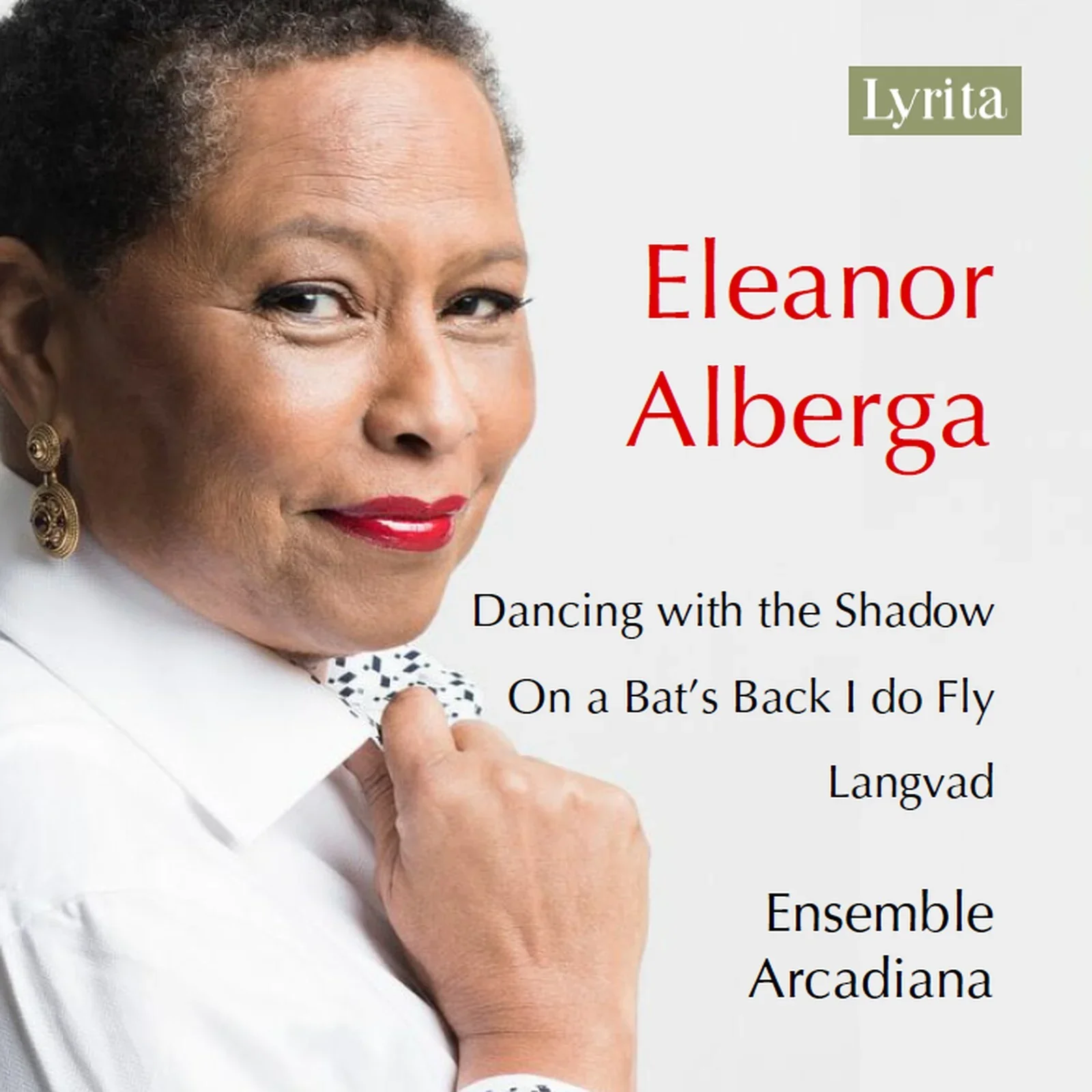My notes for the album
Playing lots of Chinese music growing up in Shanghai, I have strong sympathy with living composers who explore their cultural identity. These four ‘classical’ composers brilliantly absorb other genres and art forms, reflecting their lives: the Turkish folk ballad, jazz, Russian poetry and African dance.
Fazil Say’s Black Earth and Eleanor Alberga’s It’s Time both draw on their heritage, weaving together improvisation and complex rhythms,evoking cultural references both ancient and modern. Black Earth is inspired by a popular Turkish song, ‘Kara Toprak’, meditating on loneliness and loss – ‘the only remaining thing is the black earth’ – and its writing evokes the Saz, the Turkish lute. Due to the pandemic, the ‘homesick’ part of me resonates with Say: he writes far away from his hometown, Ankara, unable to return. It’s Time (1985) was written in England and quotes a Pushkin poem, but Eleanor Alberga is also looking back to her Jamaican heritage, and the piece ends with a pure paradise of African dance. Sofia Gubaidulina’s mighty Piano Sonata (1965) is brimming with jazz, as well as the sorrow of Russian Orthodox music. There are extreme contrasts of darkness and light, an unsettling atmosphere with tempo changes that can feel impulsive, but are also seamless. Unsuk Chin’s Piano Etudes are definitely amongst the most difficult music I have ever learned and performed; No. 5 ‘Toccata’ (2003) is characterized with colourful and imaginative harmony using the overtone series, whole-tone collections and extremely complex rhythmic writing.
All the music on this album is bold, honest and inspiring. It’s Time for me to bring you my passion, and communicate with you through my music, It’s Time for me to start showing the excitement of today’s classical music to a wider audience.



